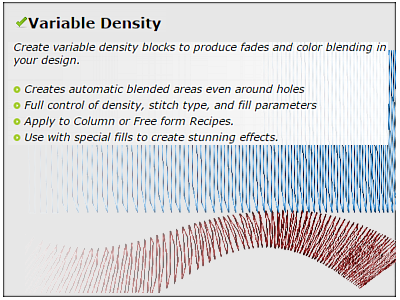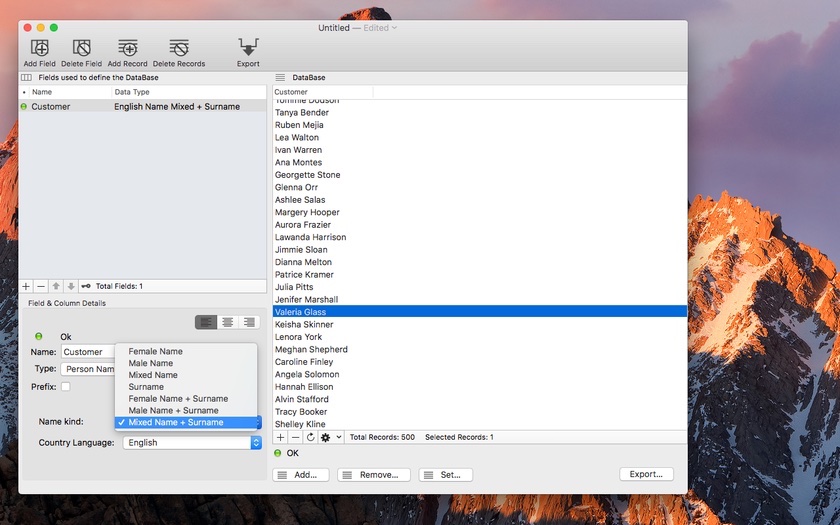
The best example of a “Win/Win” would be header tags we produce for a plumbing supply company. This form of printing allows the printing press to run continuously without stopping for changes, reducing run time and costs for our customers.
#Variable data creator code
This often is used to change Product information and the bar code when the rest of the label or tag remains the same. If you want to display, for example, player stats in an overlay which is client-side, use player variables instead as they are synced for you to the client for display.Variable data printing, also called database-driven printing is a form of digital printing in which text, bar codes, QR codes, or images can be changed on each label or from one batch of labels to the next. NBT are variable types like local entities however rather than having a worldwide variable set per element you can target a specific block, item or entity to have a variable stored in them.īlock and item NBT variables are synced to the clients, but entity NBT variables hold own instance for server and client-side and are not synced. They can not be used for tick counters, for example, as they will reset each tick trigger. Local variables are meant to be used to store value for the time of procedure execution, for example, a counter inside a while block. They use all four variable types listed above. Each procedure execution will reset these variables, thus local.
#Variable data creator mod
Local variables can be used in mod elements are store the variable locally within that element.


The real term for this kind of a variable is an integer.

The real term for this kind of a variable is actually a string.


 0 kommentar(er)
0 kommentar(er)
